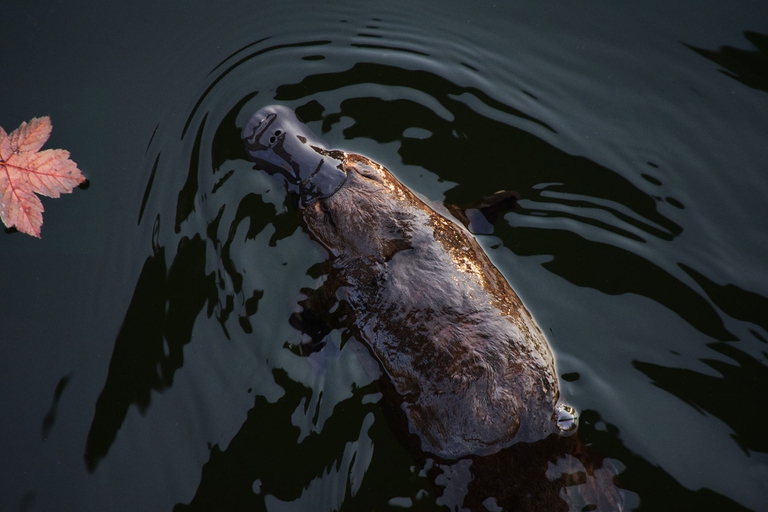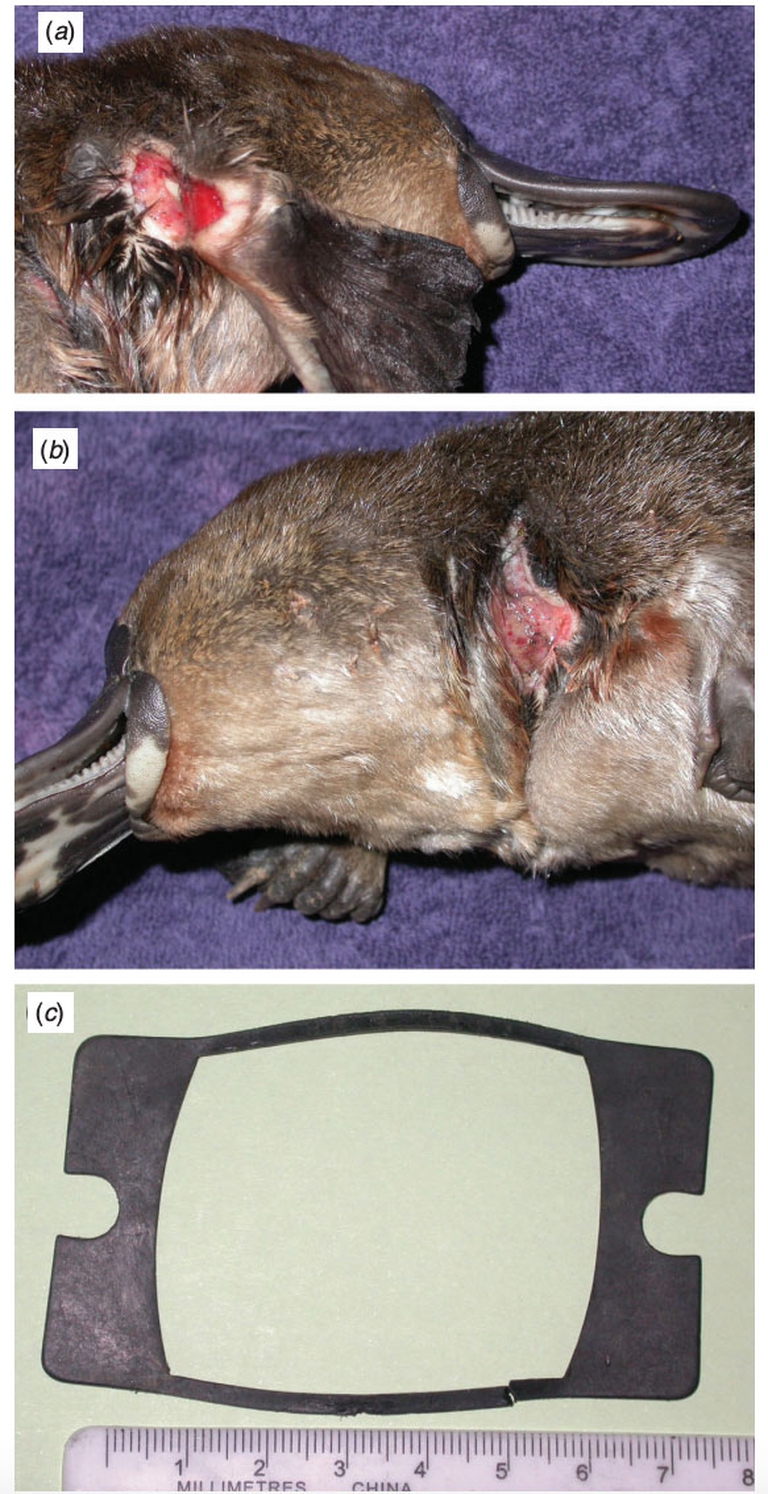
Canada’s wildfire season this year is impacting air quality way beyond the borders of the North American state, reaching as far as Europe.
In Australia, more and more platypuses are getting caught in plastic waste. Efforts to protect this species need to be increased.
Much like many other Australian animals, duck-billed platypuses seem really bizarre. Firstly, they’re one of only five mammal species that lay eggs (the others are all different types of echidna). Platypuses also have a very odd appearance, with their webbed feet, beaver-like tail, the duck-like beak that gives them their name, and fur similar to an otter’s.
Fortunately, these semi-aquatic animals, which are endemic to eastern Australia and live near rivers, are not yet endangered, despite being classified as “Near Threatened” in the International Union for the Conservation of Nature (IUCN) red list. It’s important not to let our guard down, so we should protect them before it’s too late. This is why the fact that plastic pollution is increasingly threatening platypuses should be seen as extremely troubling.
The alarm was raised by two researchers at the Australian Platypus Conservancy, an organisation fighting precisely to safeguard this species. The scientists, who published a study on Australian Mammalogy, looked at platypuses in the southeastern state of Victoria. They recovered 54 specimens who unfortunately had become entangled in many different types of waste: hairbands, fishing lines, the gasket from an engine, a plastic ring from a food container, and even an identification bracelet from a hospital.
“In most cases, all these objects had caused lesions in the animals’ skin and cut deeply into the tissue below,” the two researchers – Melody Serena and Geoff Williams – explain. Some of the platypuses didn’t survive. In addition to causing injuries, this kind of waste can clamp the animals’ bills shut or get entangled around their neck. “Up to 1.5 per cent of platypuses in the wider Melbourne area, and 0.5 per cent of those living in Victoria’s more remote areas, are at risk of entanglement lesions or death at any moment,” the scientists conclude. Their advice is to cut rings or circles of any sizes before throwing them in the rubbish bin.
While those percentages may seem low, we must remember that we’re talking about living beings, not numbers. For once, we have the opportunity to act early and save an animal as iconic as the platypus: let’s not let such a precious chance slip through our fingers.
Siamo anche su WhatsApp. Segui il canale ufficiale LifeGate per restare aggiornata, aggiornato sulle ultime notizie e sulle nostre attività.
![]()
Quest'opera è distribuita con Licenza Creative Commons Attribuzione - Non commerciale - Non opere derivate 4.0 Internazionale.
Canada’s wildfire season this year is impacting air quality way beyond the borders of the North American state, reaching as far as Europe.
Two new studies have revealed that the retreat of the Thwaites Glacier is happening in a different, more complex way than previously understood.
A study of tissue samples from killer whales in Canada was the first to find a dangerous toxic chemical, known as 4NP, in the animals’ flesh.
The South African government is clamping down on the controversial multimillion-dollar lion-breeding industry, thanks to pressure from activists.
Switzerland’s glaciers are shrinking, with a new study finding that they have lost more than half their total volume since the early 1930s.
Santa Olalla, the last permanent lagoon in the park, has disappeared under the pressure of drought, overexploitation, and illegal wells.
Vulture populations in southern Asia experienced a 99% collapse and for a long time nobody knew why. Then, a historic discovery saved them.
The Indian government has pledged to reintroduce cheetahs, classified as a “vulnerable” species by the IUCN, into the wild. The animals will be transferred from Africa.
Six years ago, Indonesia was shrouded in smoke from ravaging wildfires. Today, it is cited as a successful case in the fight against deforestation. Yet the balance remains delicate.









